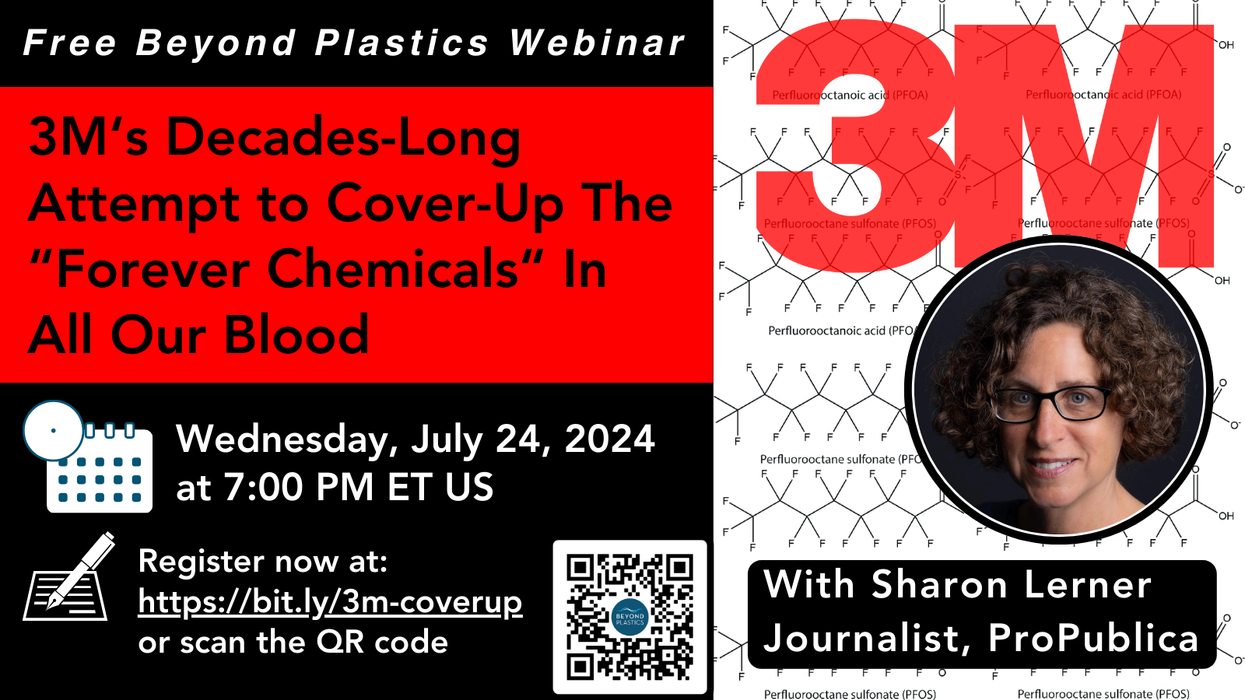A new study published in Integrated Environmental Assessment and Management examines Brexit’s impact on the UK’s chemical policies, finding clear evidence that the EU and UK are now diverging in their regulatory decisions and approaches.
In short:
- Without the support of the EU’s resources, the UK has been unable to keep up with developments to important international regulations, such as the EU’s Regulation on the Registration, Evaluation, Authorisation, and Restriction of Chemicals (REACH).
- If the UK continues to diverge from EU regulatory standards, they may risk not only economic loss, but also potential harm to their environment and public health.
Key quote:
“[The UK] lacks the regulatory capacity, oversight, and capabilities of its EU counterpart, and a little more than two years after its departure, the United Kingdom is already failing to restrict the most harmful chemical substances or implement policy changes and commitments.”
Why this matters:
Thanks to its sophisticated and stringent regulatory structure, the EU is the world’s leading regulatory state, with the ability to influence industrial practices on a global scale. Recent studies have shown that policy interventions can be an effective tool to decrease chemical exposure with widespread impact. With the EU Chemicals Strategy for Sustainability facing delays and REACH up for reform in 2025, this study highlights the need to safeguard regulatory frameworks that in turn protect human health.
Related EHN coverage:
- The chemical industry may have killed a landmark EU chemical policy. Here’s what that means for the US.
- Regulations successfully reduce harmful phthalate exposure in Europe, study confirms
More resources:
- ChemTrust: Review of UK REACH, three years on
- Health and Environment Alliance (HEAL): Resources on chemicals and chemical policy in Europe.
- Revealed: scale of ‘forever chemical’ (PFAS) pollution across UK and Europe ›
- Why is Britain retreating from global leadership on climate action? ›


















